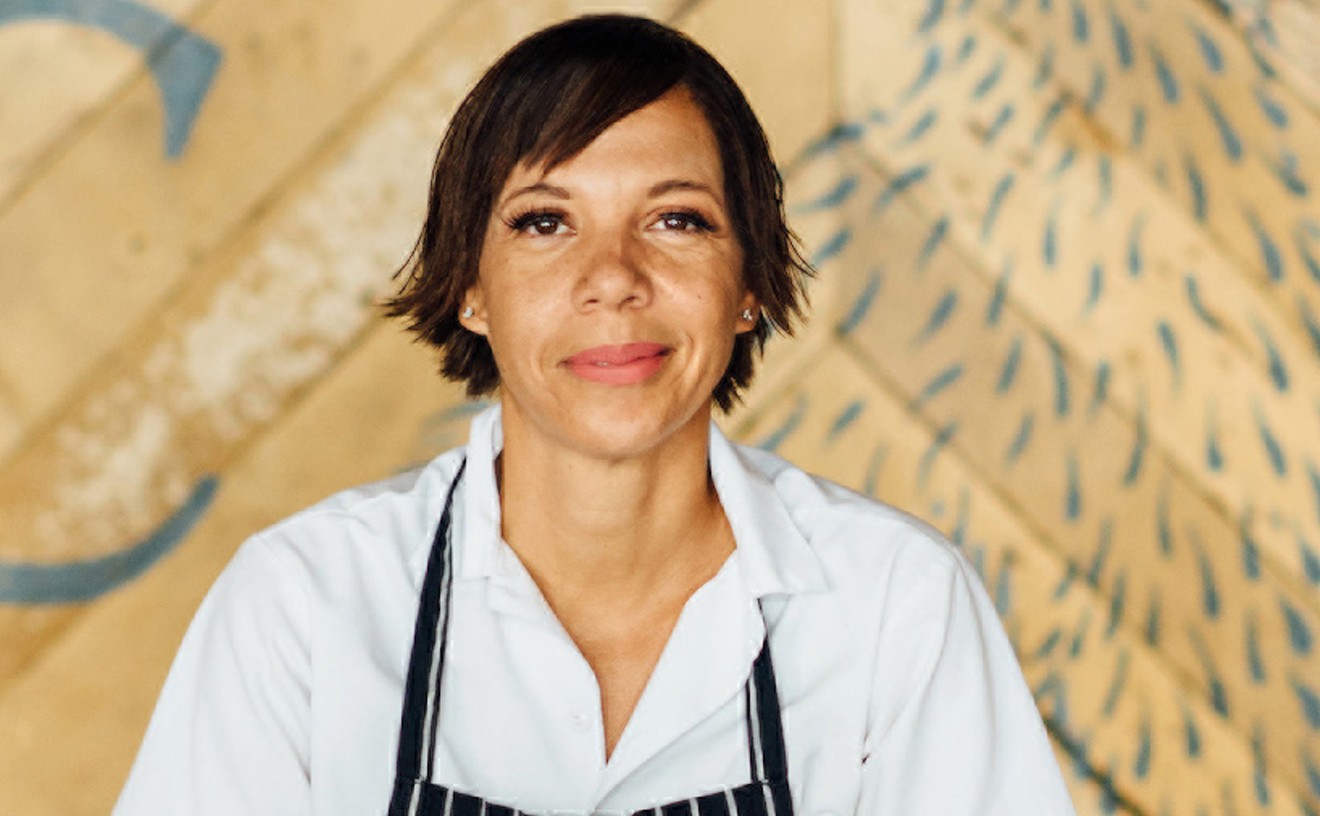When I first read about Victoria Moran's Main Street Vegan, I thought the book was beneath me. After all, it's primarily a guidebook for aspiring vegans, and I've been on the vegan wagon for a few years now.
In reading it, though, I learned some powerful new things about the ethics of veganism (and here I thought I already knew everything I didn't want to know about slaughterhouses!), some addictive food factors that destroy aspiring vegans' best efforts, tips on how to save money at the grocery store, good vegan etiquette, and a bunch of cool recipes (which I swear I'll start using tomorrow).
Beyond all that, I appreciated Moran's personal and relatable storytelling, through which she shared her own non-linear journey to and in veganism: breaking out of disordered eating patterns, overcoming numerous "sea-lapses" (reverting to eating fish), getting married vegan, and raising a vegan kid.
Reading the first pages of the book, I'll admit, I started to feel a little superior. I'm not just an "ethical vegan," but a "health vegan" as well (she explains the difference in the book), so I was put off by the fact that the first recipe she included (there's one at the end of each chapter -- 40 in total) was for chocolate cake and made use of white flour, sugar and oil.
But Moran's message started to seep in from that first chapter: to bring people over from the omnivorous world, they've got to be able to go at their own pace. Even knowing that eating a vegan diet will do an immense amount to save the planet's precious resources and thwart the perpetration of heinous crimes against animals is often not enough to keep even the bleeding-est hearts on the vegan side of the field. They may need to be assured that adopting a vegan lifestyle doesn't mean they can never eat chocolate or anything junk food-like again, or that they'll have to fill their kitchen cabinets with stuff purchased at OverPricedHealthFood.com.
Main Street Vegan contains 370 pages that cover everything from what's done to male chicks at factory egg farms (they're tossed alive into a macerator); to casomorphin, the opioid substance in milk designed by nature to keep calves coming back to the teat, which has the same effect on humans, even though we have no nutritional need for cows' milk. (This explains why one of my best friends recently said to me that she would rather stop breathing than stop eating cheese.)
It talks about meat and dairy substitutes, how to survive at a fast food restaurant, how to meet other vegans, what vitamins vegans should supplement, organic juicing, juice fasting and juice recipes, vegan activism, vegan booze (apparently some breweries use fish bladders in the making of their beers -- no joke!), cruelty-free cosmetics, and household cleaning products, and on and on.
But maybe more important than any one informational topic is the attitude Moran encourages practicing vegans and almost-vegans to take with them wherever they go: one of tolerance, positivity, realism, and encouragement. Everyone trying to lessen their karmic footprint by moving towards a vegan lifestyle needs and deserves that encouragement, she says, no matter how far they have to go.
I recently had the privilege of talking to Moran about what it means to be a "Main Street Vegan."
"A 'Main Street vegan' is a regular person who picks up a clip on YouTube about heart disease and diet, or sees something about a slaughterhouse or a factory farm and it strikes a chord. But the next thought is, 'I'm not going to be one of those Vee-gun!'" the author said, drawing out the word.
"It sounds to some people like leftover hippies, it sounds to other people like celebrities with private chefs, or like you have to be of a certain political persuasion."
Apparently, Moran pointed out, there are equal numbers of vegan Republicans and Democrats, according to a recent poll by The Vegetarian Resource Group.
"But what I want to say is that if this strikes a chord with you, it doesn't matter who you are, where you live, how much money you have, or who you plan to vote for in the next election. You can do this!"
Having raised a vegan daughter herself (Adair, now an adult, who helped with the making of the book), Moran has firsthand knowledge about a topic that not many people address in discussions of the vegan lifestyle.
"Everyone's talking about nutrition and how they feel when they're out with their friends," said Moran. "But there's so much more than that, because [vegan kids] are exposed to knowledge that's really hard to take about cruelty and things like that. And then we say, 'It's wrong to kill animals, but grandma and your teacher and the policeman at the crossing are all doing it, but they're still good people.' It's like, how do you get your mind around that when you're 6 years old?"
Moran also pointed out that nearly all people (besides the spiritually sick) have an inner desire to avoid causing harm to others -- an "inner vegan," if you will. Real vegans have simply stopped turning their heads to the cruelty around them and have decided to do something about it.
"Even people who really like meat and have no plan to ever be vegetarian or even do Meatless Mondays, when you say, 'Do you want to see this clip about the slaughterhouse?' they'll say, 'No, I don't wanna know,'" Moran said. "Because inside, that's how we're made. We want to do right by others, and we certainly want to be healthy. And this can seriously help. Amazing things happen when you stop eating animals and start eating lots and lots and lots and lots of plants of different colors."
Follow Short Order on Facebook and Twitter @Short_Order.










